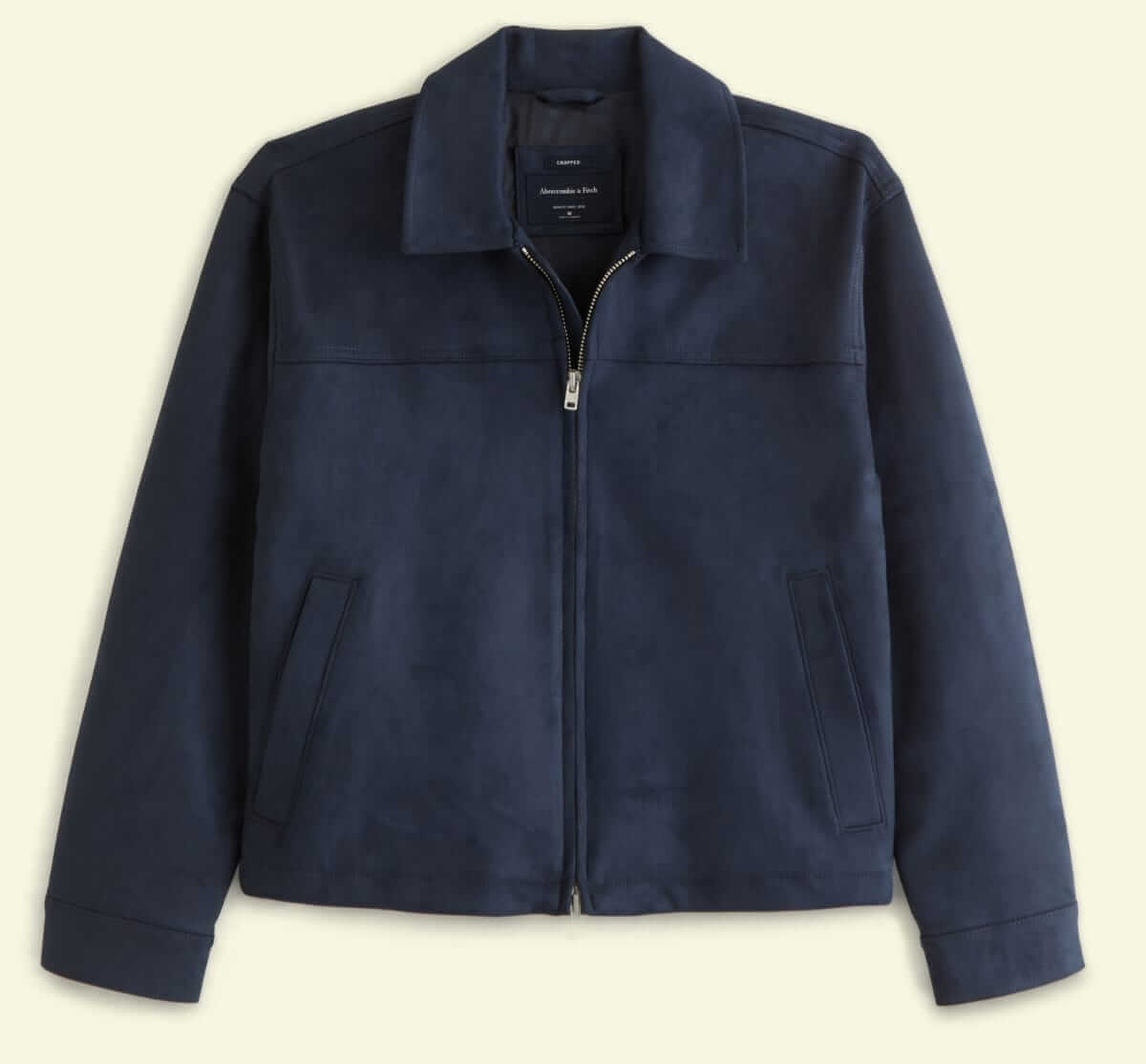Thursday, November 6th Edition |

|
By Cory Ohlendorf, Valet. EditorWould you be open to cloning a pet? |
Today’s Big Story
Cloning Pets
Tom Brady just cloned his dog. You can do the same, but it’ll cost you

Is it a technological achievement? The new standard for pet lovers? Or an abuse of science? Where do you stand on the concept of pet cloning? Because the practice has a new celebrity face: Tom Brady. The former NFL star’s post-playing career transition to “Weird Rich Guy” appears nearly complete after announcing this week that he had cloned his dog who’d died.
According to The Cut, his current pit bull, Junie, is a genuine clone of a previous family dog named Lua (the very same one he shared with his ex-wife, Gisele Bündchen). For this scientific feat, Brady teamed up with Colossal Biosciences, a company that claims to be “the world’s only de-extinction company.” Colossal recently acquired Viagen Pets & Equine, another biotech company that has a history of cloning celebrity dogs. Barbra Streisand and Paris Hilton are two of Viagen’s past customers, for what it’s worth, and Streisand used the company to clone her dog Samantha twice.
“A few years ago, I worked with Colossal and leveraged their non-invasive cloning technology through a simple blood draw of our family’s elderly dog before she passed,” Brady said in a news release, according to People. He added that the technology “gave my family a second chance with a clone of our beloved dog,” and he’s “excited how Colossal and Viagen’s tech together can help both families losing their beloved pets while helping to save endangered species.” (Black Mirror writers, are you listening?)
It’ll cost you $50,000 to clone your dog or cat, or $85,000 for your horse—which seems like a bargain on a per-pound basis. But as Defector points out, Brady probably didn't pay retail: He’s an investor in Colossal Biosciences. They joked that “leveraging M&A announcements via omnichannel synergies to pump your biotech investment” takes away from the heartwarming reunion with a beloved pet.
But as you’d expect of a genetically engineered clone, the resemblance is uncanny. Here’s Lua in 2014 being completely adorable in an ad for UGG … and here’s Junie as a puppy accompanying Brady and his other dog Fluffy from the gym last year. But as we’ve learned from every Jurassic Park movie, cloning is never exactly what you expect it to be. You can’t ever fully get your beloved pet back after they cross the rainbow bridge—even cloning can’t replicate an animal’s personality—and in a sort of tragically beautiful way, the death of a pet reminds us of our own fragility. Cloning your dog, especially when there are so many dogs out there who need homes, feels like an attempt to run away from those realities.
FYI: |
The first cloned animal in history was a sheep named Dolly that was produced in 1996 at the University of Edinburgh in Scotland using an adult cell. |
FAA to Ground Flights
40 airports to cut flights by 10% if shutdown continues
The shutdown just keeps causing travel trouble. The Federal Aviation Administration announced Wednesday that at least 10% of air traffic at 40 “high-traffic” U.S. airports will be cut starting Friday, if the government shutdown continues. FAA Administrator Bryan Bedford said Wednesday that the airports impacted by the restrictions will be made public later today, after he and Transportation Secretary Sean Duffy have met with the airlines to discuss changes to their flight schedules.
ABC News reports that nearly 50% of all major air traffic control facilities face staffing shortages. Air traffic controllers are required to work without pay for the duration of the shutdown. But it could get even worse: Duffy warned that entire parts of U.S. airspace could be shut down next week. If you haven’t been to the airport lately, just know that flights are getting delayed and some even canceled as staffing shortages pile up. Check your airline’s app or flight website before you head to the airport. The FAA site can also be checked to see if there are widespread delays at your airport.
President Donald Trump pressured Republican senators to bring an end to the government shutdown, renewing his calls to scrap the filibuster—the rule that requires 60 votes to advance most legislation. Doing so would allow Republicans to fund the government and pass other legislation without Democratic votes. Senate Majority Leader John Thune said later on Wednesday that the votes aren’t there to change the filibuster rule.
Meanwhile: |
These are the best airports in America for a boozy layover. |
Tariff Uncertainty Reigns Amid Supreme Court Skepticism
The case could be decided quickly and have enormous consequences
President Donald Trump’s sweeping tariffs appear to be on shaky legal ground, with Supreme Court justices on Wednesday indicating he may not have the authority to impose them under a law designed for use during a national emergency. The case, of course, has huge implications for Trump and the U.S. economy.
The Supreme Court has a 6-3 conservative majority that has regularly backed Trump on various contentious cases since he took office in January, but based on the almost three-hour oral argument, most legal experts are saying the tariffs dispute could go the other way. The Trump administration's top lawyer faced sharp questioning, including from some members of the court’s conservative wing, during the hearing. Lawyers representing the tariff challengers were also pressed by some justices on what kind of limitations courts could impose on core presidential powers.
Americans are increasingly anxious amid signs that the tariffs are contributing to, rather than alleviating, higher costs. A new NBC News poll found that 63% of registered voters believe Trump is failing to live up to expectations on the economy, after he ran on lowering prices, in part, through tariffs. The president remains confident, however—warning that the U.S. will be rendered “defenseless” and possibly “reduced to almost Third World status” if the Court strikes down the tariffs. And the Associated Press points out that Trump will still have “plenty of options to keep taxing imports aggressively even if the court rules against him”. He can re-use tariff powers he deployed in his first term and can reach for others, including one that dates back to the Great Depression.
Dig Deeper: |
Yes, Trump's tariffs are raising billions, but at a steep economic cost. |
Penny Problems
Retailers and restaurants face coin crunch after end of penny production
You might remember, that President Trump ordered the Treasury to stop making new pennies in February, calling the coin's demise a way to “rip the waste out of the budget.” And it didn’t take long before the fallout hit cash registers, as stores and restaurants are already running short on change. For fast-food chains and other companies heavily reliant on small cash transactions, the coin’s extinction is causing serious worries.
The U.S. Mint had planned to finish production in early 2026, but it ran through its final batch of penny blanks over the summer, ending the coin's 232-year run months ahead of schedule.
Roughly 250 billion pennies are still out there—though the American Bankers Association says the issue isn't supply, but circulation, with many coins collecting dust in jars. Now, the Federal Reserve has started rationing pennies to banks as supplies vanish faster than expected. The Wall Street Journal reports that shoppers at Kroger supermarkets and Sheetz convenience stores are encountering signs warning them the chains can’t make exact change. Cashiers are having to get used to split-second rounding, sometimes manually calculating transactions until managers can figure out fixes.
FYI: |
The penny cost 3.7 cents to make last year, according to the Mint. Ending production will save the Treasury about $56 million annually. |
|
|
|||||||||





